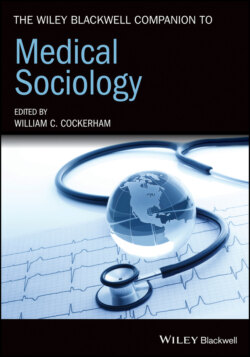Читать книгу The Wiley Blackwell Companion to Medical Sociology - Группа авторов - Страница 70
The Pragmatic Triumph of Autonomy
ОглавлениеAutonomy emerged as the most powerful principle in American bioethics (Wolpe 1998), despite the insistence of Beauchamp and Childress (1979), the founders of principlism in bioethics, that equal moral weight should be given to the four core principles (autonomy, beneficence, non-maleficence, and justice). The efficiency of such formal principles, as reflected in Tocqueville’s excerpt in the introduction, maybe more than his entrenched allusion to the American individualism, explains the success of the autonomy paradigm over all other principles in American Bioethics, making autonomy the ideology of bioethics. Wolpe (1998) gives an account of how autonomy became the central and most powerful principle in medical decision making, showing its practical value in decision-making, particularly in a society with no universal health coverage. Autonomy has its detractors. Some lament the overwhelming “mandatory” autonomy imposed upon vulnerable patients (Schneider 1998), while others denounce the triumph of autonomy over all other principles as an “ethnocentric phenomenon” (Fox et al. 2005). It also can be viewed as a way to resolve the apparently insurmountable contradiction between the reign of a universal reason and the resistance of particular cultures. Autonomy is, in a way, the “minimal” principle (Ogien 2018) that can hold together members of a multicultural and pluralistic society by promoting even minimally a stable, “rational” reference.
